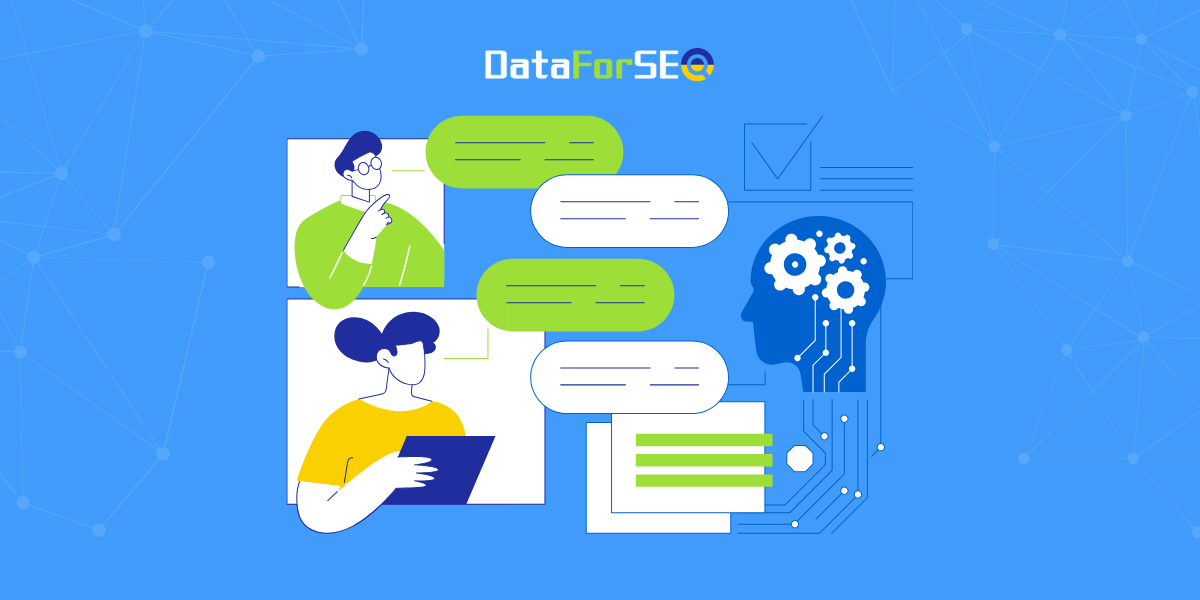
Tools like ChatGPT and Claude reshape how we find information and even discover new brands or products. But there’s no playbook and no clear ranking signals. For most marketers and SEOs, AI-driven search is a black box.
Our new AI Optimization API is built to change that, giving you actual data to act upon.
What’s new & how it works
AI Optimization API allows you to track results, analyze content, and optimize for leading AI platforms: ChatGPT, Claude, Gemini, and Perplexity. It delivers real-world insights into what LLMs prioritize, how they reply, and more, helping you understand and optimize for AI search behavior.
Additionally, the API standardizes interaction with multiple LLMs through a single interface, reducing integration complexity and improving response collection efficiency.
Here’s what you get in this new API suite.
➤ LLM Responses API: get structured answers from major AI tools, compare outputs, and use dedicated Models endpoints to select specific versions for testing. Want to learn more? Check how to track LLM Responses with DataForSEO APIs.
➤ AI Keyword Data API: enter a new dimension of keyword analysis and understand how frequently people use specific keywords within AI tools. The Search Volume endpoint of this API delivers AI search volume rate for the last month and AI search volume trend for the previous 12 months.
Note: the price for using LLM Responses endpoints is calculated based on a base task fee + LLM API fee (varies by platform and prompt size). See the full formula and calculation details in our Help Center article.
To estimate the usage costs of all AI Optimization API endpoints, visit our pricing page.
Why it matters
With the AI Optimization API, you can finally stop guessing and start measuring:
- Track how AI models respond to your target queries.
- Compare visibility across different LLMs.
- Understand the new keyword landscape inside AI platforms.
Visit the API docs to explore the new endpoints, response structure, and code examples.

